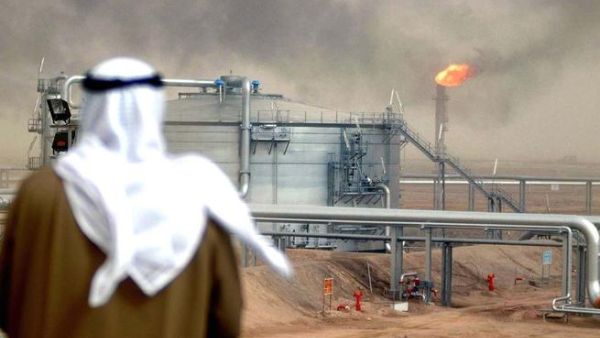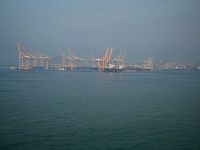Russia and Middle East energy businesses are embarking on new partnerships that will see joint investment projects in each other's core energy activities. Badr Jafar, Executive Director of the Crescent Group of Companies, explains the active role being played by Crescent in this pioneering initiative.
Despite being the world's two resource giants, with a combined 63% of world oil and gas reserves and 39% of world oil and gas production, Russia and the Middle East have until recently had a surprisingly weak commercial relationship. Whilst Russia has participated in OPEC meetings as an observer and Russia and the Middle East have a common platform in the gas sector via the Gas Exporting Countries Forum, the amount of bilateral investment between the two regions oil and gas industries has been limited thus far.
Part of the reason for the lack of a deep commercial interplay between Russia and the Middle East is historical. In the past the Arab world has focused on its relationship with the West for inward and outward investment. This may be because for a long time the West was the Arab world's largest customer for oil exports. As a result Arab investments abroad tended to be focused in the West in industries such as the oil supply chain (refining etc.), real estate, industrial projects and financial securities. However, Russia only took its first steps to integrate with the global economy in the 1990s. It was then that this other energy world superpower become a viable target for investment by Middle Eastern companies. Joint Arab-Russian investment appetite was still limited during this period due to the uncertainty of Russia's economic and political direction. Since the beginning of the 21st century, with the increased stability of the Putin era, it is quite evident that the ambition of Russian businesses and their aspirations are similar to those of Middle Eastern businesses and that cross-investment should be possible and desirable.
It is in this new environment that Crescent Petroleum and Rosneft realised the benefit of greater energy business cooperation between Russia and the Middle East. Both are leading E&P players in their respective geographic provinces and they understand the power of mutually beneficial alliances. Rosneft is Russia's leading oil company and is amongst the world's major national oil companies, with deep technical expertise and financial strength. Meanwhile, Crescent has long-standing relationships and business development expertise in the Middle East. Crescent and Rosneft value their respective strengths and saw the opportunity to create mutually beneficial joint investments.
The Rosneft-Crescent partnership is the first major alliance in the energy sector between two of the world's largest oil and gas producing regions, Russia and the Middle East, but the world's energy needs and common interests of Russia and the Middle East mean it is unlikely to be the last. Jafar says "We believe the world's energy challenges can only be met by deep partnerships between key industry players which will ensure that necessary investments are channelled into adding new productive capacity to the global oil and gas system. As the world's two largest energy resource holders, deeper cooperation between Russia and the Middle East will be an essential part of this process. We hope our alliance with Rosneft will become a platform for Russia to create a tangible link with the Middle East."







